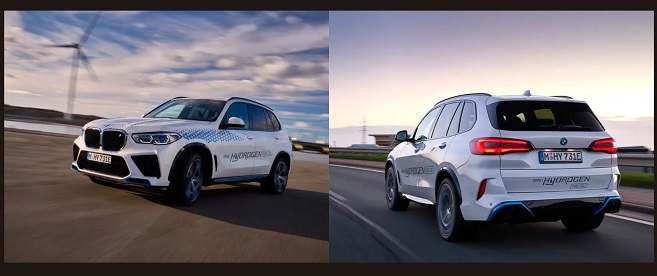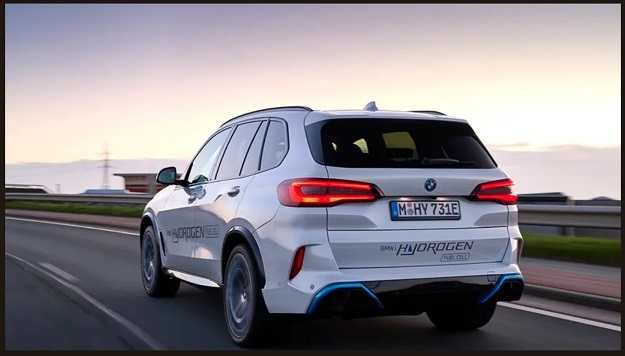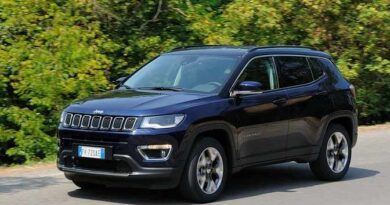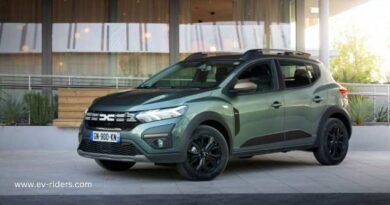BMW will start manufacturing large-scale hydrogen cars in 2030
BMW will start manufacturing large-scale hydrogen cars in 2030
A few days ago, BMW announced that it already had its first fleet of hydrogen fuel cell vehicles ready, made up of almost a hundred iX5 Hydrogens that will be used all over the world to test their systems in real conditions. “This driving experience will be the first opportunity for people not involved in the development process to get a direct impression of what the hydrogen car has to offer.”

The BMW iX5 Hydrogen is equipped with a 374 hp (275 kW) electric motor associated with a 125 kW fuel cell. Its 700-bar tanks are made of plastic reinforced with carbon fiber, with a maximum capacity of almost 6 kg. The Bavarian firm estimates that its autonomy is around 600 km, thus approaching the 630 km WLTP of the iX xDrive50, an electric car of similar dimensions equipped with 105.2 kWh batteries.
BMW only plans to build a short run of this model for testing purposes. Jürgen Guldner, the program’s general manager, estimates that its first mass-market hydrogen car “will probably [arrive] in the second half of the decade,” as the brand is “waiting for the turning point [in development] of the infrastructure”. This model will be based on the new Neue Klasse platform.
The European Parliament wants to achieve that by the year 2028, There will be a hydrogen refueling station every 100 km on the main roads of the old continent. However, it is interesting that the industry is leaning towards using this technology in the heavy transport sector (trucks), relying on batteries for passenger cars.
BMW will use the Neue Klasse platform in its future FCEVs

“The deployment of battery electric cars will reach some limits, which will be different in each country. It can be the raw materials. It could be the infrastructure.” According to Guldner, a “significant minority” of cars sold in Europe could have a fuel cell, making it clear that this solution will be a niche alternative.
Although the manager is aware that the cost of fuel cells is currently high, he points out that this is due to low production volumes and not to raw materials. “We’ve already seen a fairly steep decline in costs in recent years.” In his opinion cost parity with battery and electrics will be achieved in the next decade.
What are the main problems that hydrogen faces to prevail in the light transport sector? Its low energy efficiency (represents twice the cost of electricity than directly charging an electric car), the amount of space occupied by the tanks, a complex infrastructure to deploy, and high production costs. In return, fuel cells offer much faster refueling times.
Related Post



